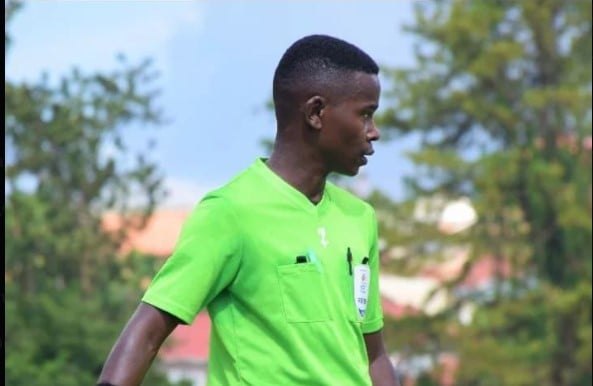Prime
Homeschooling is good, but it is not for everyone

Emilly Comfort Maractho
Last week, Uganda Christian University hosted its annual public lecture, on the topic, the family in a postmodern era.
The speakers at the function included Justice Catherine Bamugereire, Dr James Magara, and, the First Lady and Minister of Education and Sports, Ms Janet Museveni, who all did justice to the topic.
It is one of the emerging issues from this lecture that kept me awake. The idea of homeschooling. Admittedly, homeschooling is a great and wonderful idea, but it is not for everyone.
Very recently, I attended another event that made the case for ‘churches as schools’. The point was made that if only all the churches turned into schools, we would have a transformed educational system. This idea too, kept me awake.
Both ideas rest on the premise that the family and the church, should be at the centre of education provision.
My reading of both ideas, suggest that something has gone horribly wrong with the school that for a long time, has had the monopoly of providing formal education either through the church, State or market. They also imply, that the State is possibly not doing enough to provide quality education, and these fill the gaps.
It may seem, Covid-19 has got us wondering where formal education should take place -- in the home delivered by the family for the family, in the church delivered by pastors and priests for parishioners, or at school where teachers transfer knowledge and impart critical learning skills to students.
There are many things troubling with these home and church schooling scenarios. The most troubling, is the idea that formal education can be delivered in anyway less than complementary effort made by the family, church, State, and market.
Canadian born Author, Thomas Rudmik, who describes himself as a “passionate crusader for transforming education”, notes that education is one of the most powerful cultural structures that influences direction of society. It does so by the principle of transference, which is the ability of leaders to transfer values, beliefs, and behaviour to other people. He writes about his 1999 visit to Uganda in his book, becoming imaginal.
He narrates: “Uganda at the time, was emerging from a tumultuous past with a brutal dictator. There was so much hurt, so much distrust, so much poverty, yet so much opportunity. Wherever we travelled I was struck by the beauty and richness of the land. I watched children in their colourful uniforms walking to school, often barefoot. And as they laughed and played, they seemed no different from children in North America. Yet, when I looked into the faces of adults I saw something different: there was a worn, tired look – subsistence living was definitely taking its toll.
Why in the midst of such richness of opportunity could poverty exist?”
He adds: “For many people [in Uganda], meeting the daily needs of food and shelter was their all-consuming purpose. These were purpose-driven people with the main goal of survival. Yet, there were some who had been able to break out of the trap of subsistence living, and were thriving with all of the new opportunities they were seeing around them on a daily basis. Why was it that some people would thrive while others were seemingly trapped by their circumstances?”
What is striking, is that out of this 1999 picture, we may not be seeing children in their colourful uniforms walking to school, often barefoot, due to closure of schools, but we see those that are trapped by their circumstance and closure of schools, while some are also thriving with school still ongoing regardless.
We must indeed ask ourselves, what the fundamental role of schools are in our societies post Covid-19, and find comprehensive answers. We definitely need an intentional strategy for the education system to work for many, I dare not say for all.
Home school, church school and whatever novel solutions emerge, they need to be structured into a holistic system that facilitates education.
It is a given, some will thrive no matter what, but the duty of the State is to protect and provide for those who feel trapped by their circumstance, like children who find themselves in homes where the purpose and main goal of adults is survival, and where school is the only refuge for some children.
I have never doubted that the family plays a critical role in a child’s education, because I know mine did. But so did the community, the school, church and State.
What we grapple with, should not be where education takes place, but what role each of these actors must play individually or together and how policy can enable them to play their part.
Ms Maractho (PhD) is the Director Africa Policy Centre and Senior Lecturer at Uganda Christian University. [email protected]




